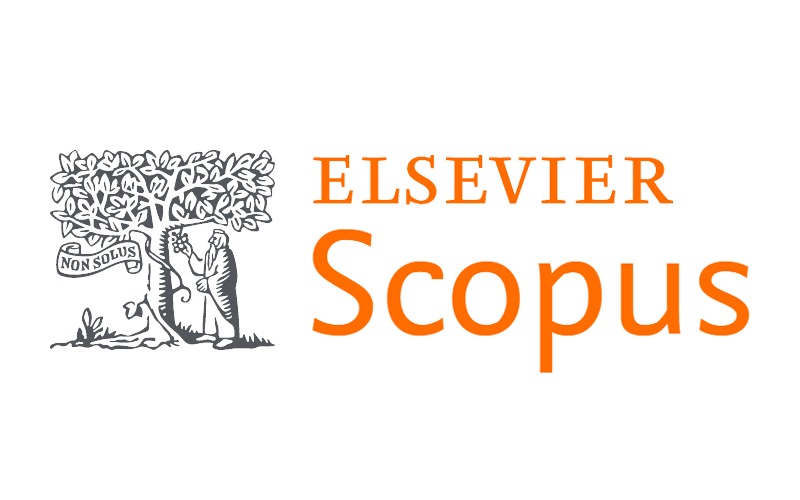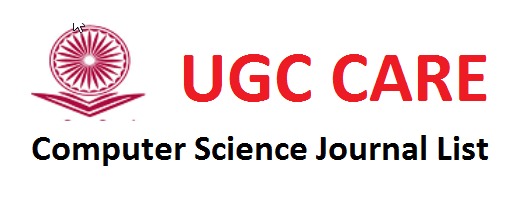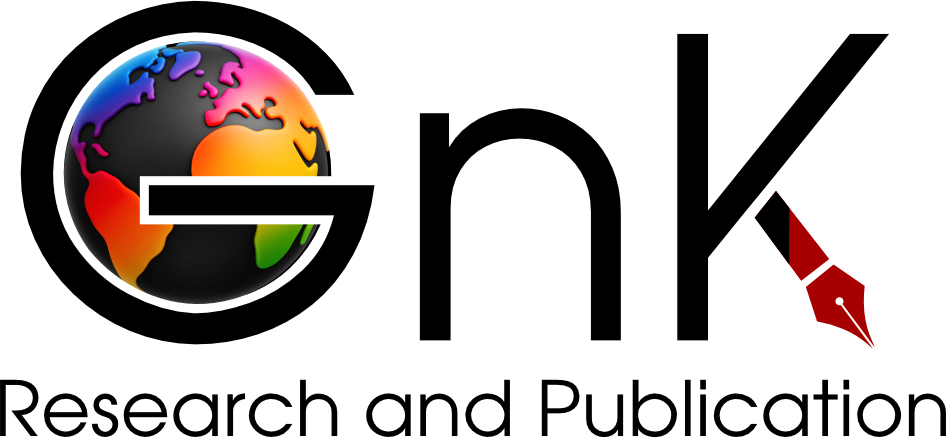Scopus Indexed Journals
Scopus is Elsevier’s abstract and citation database that was launched in 2004 to improve institutions’ and professionals’ progress in sciences and healthcare. Most important, it is known to be the best abstraction and citation database for peer-reviewed journals. So, if a Scopus indexed journal is said to be Scopus indexed, it means that the works published by them in their journals are also cited among the 70 million other works embedded in the Scopus database.
Now that you know what a Scopus indexed journal is and its significance along with why it is both important and prestigious to get published in one, here is a list of a few of those journals.


Google Scholar Journals
Google Scholar journals is defined as the process by which an author’s scientific work, research or ideas are subjected to the scrutiny of other SMEs belonging to the same field as the author. Peer reviewers provide suggestions to authors on how to improve the quality of their manuscripts and also recognize errors that need to be corrected before publication.
If you’re looking to get your research work published in Google Scholar journals but are afraid that you’ll be turned down during the peer-review process, you should seek the professional research writing, editing and publication support of GnK.
Web of Science Journals
Web of Science (earlier known as ‘Web of Knowledge’) was the first bibliographic database. It was founded by Eugene Garfield in the 1960s as the Institute for Scientific Information (ISI) and upon acquisition by Thompson Reuters in 1992, ISI received its current name – Web of Science. In 2016, WoS was acquired and is now owned by Clarivate Analytics. WoS is a multidisciplinary and selective database that is made up of a variety of specialist indexes, categorised as per the type of indexed content or by topic.
Having a research paper published in Web of Science indexed journals is a dream for many researchers owing to the stringent manuscript vetting policies that the life of science journals indexed in this database tend to have. GnK helps researchers jump every one of these hurdles and fulfil their ambitions of becoming WoS journal-published research professionals.


SCI / SCIE / SSCI / ESCI Journals
SCI, the Science Citation Index, considered to be one of the most reputable multidisciplinary citation indexes in the globe, offers researchers and others access to the latest impact factor values of over 13,000 science journals that have been in existence since 2012. The more extensive version of SCI, the Science Citation Index Expanded (SCIE) is comprised of more than 9,200 major journals of 178 scientific disciplines from 1900 to the present day. The journals indexed by SCI and SCIE are described as the world’s leading journals. Both indexes are available online through the Library Web of Science platform.
GnK proffers academic allied services such as national and international conferences, research paper writing and publication in reputed SCI Journals, SCIE Indexed Journals, SSCI Journals and Web of Science Indexed Journals. The Science Citation Index (SCI) is a quarterly journal that publishes papers and articles in all fields of research. The SCIE is the updated version of SCI which is a accumulation of more than 8500 highly reputed journals across 150 different disciplines.
UGC Care List Journals
The journals from all the disciplines indexed in high impact factor journals recommended by UGC-CARE Council Members, Universities, and previous UGC Approve List which are qualified as per the analysis protocols.
After the insertion and generation of several poor quality journals into the UGC sphere of academic journal publishing, ARDA took a stand against this by instituting the UGC Care List. This special group of UGC journals is hand-picked by academic research publishing.

